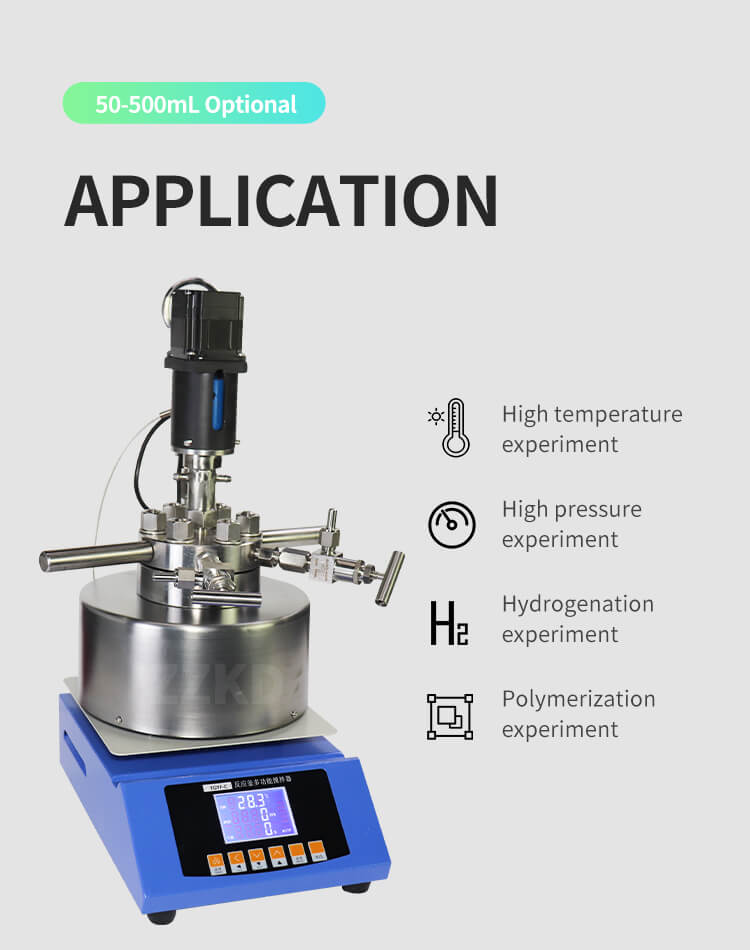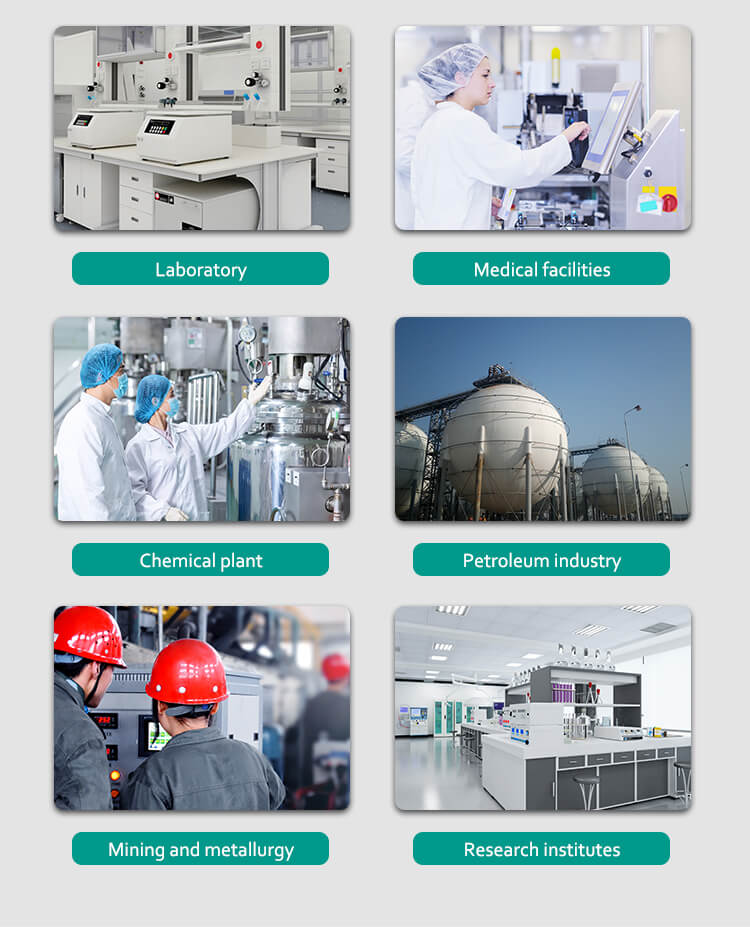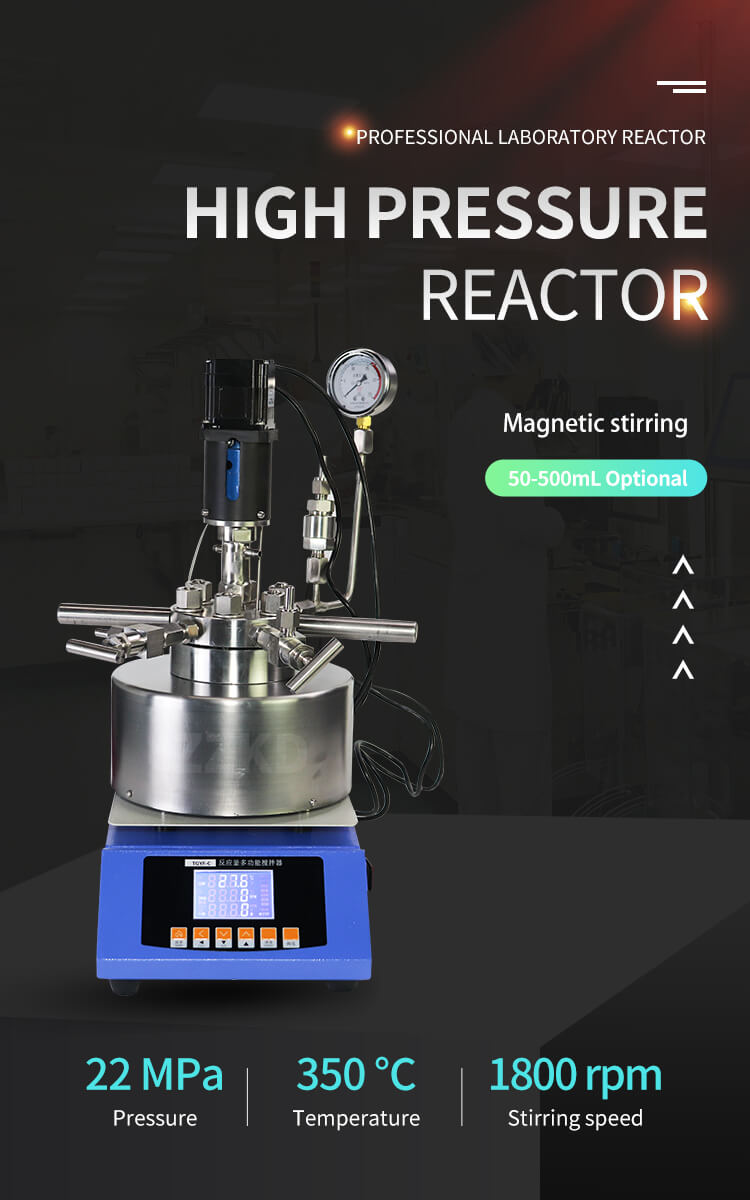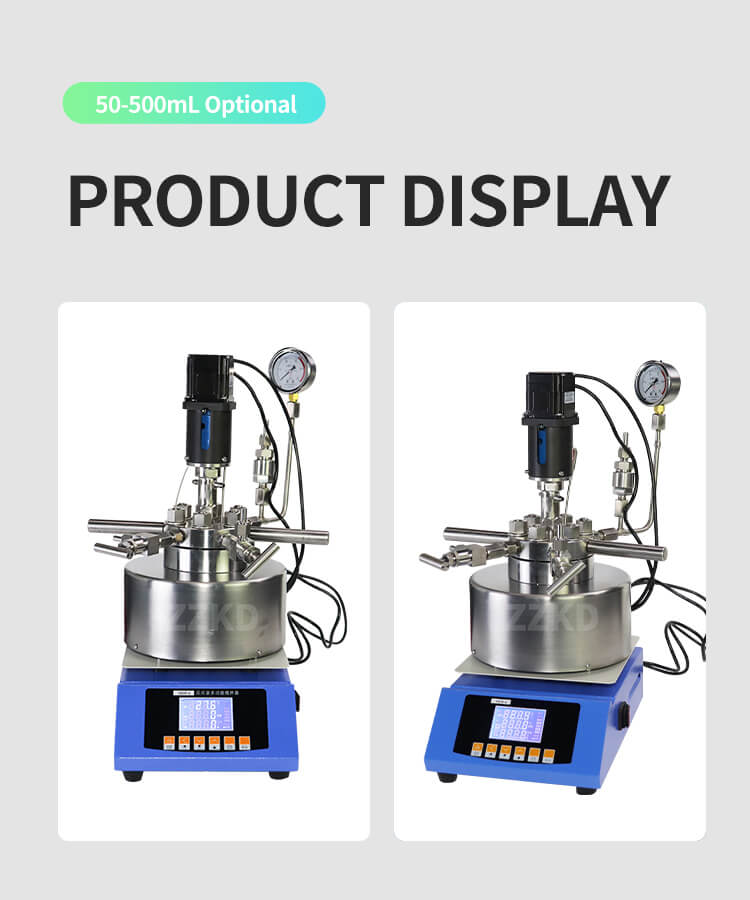A high-pressure chemical reactor is an essential piece of equipment in various industries and research laboratories. It is used to carry out chemical reactions under elevated pressures to accelerate reaction rates and optimize product yields.

High-pressure reactors are designed to withstand the rigors of operating at elevated pressures, typically ranging from a few hundred to several thousand pounds per square inch (psi). These reactors are often made from robust materials like stainless steel or other high-strength alloys to ensure the containment of high-pressure reactions.

The primary advantage of utilizing a high-pressure chemical reactor is the ability to manipulate reaction conditions to favor specific chemical reactions. By subjecting reactants to higher pressures, the equilibrium of the system can be shifted towards the desired product. This allows for the production of chemicals that may be unattainable under normal atmospheric conditions.

Various industries benefit from high-pressure chemical reactors, including pharmaceuticals, petrochemicals, polymers, and specialty chemicals manufacturing. For example, in the pharmaceutical industry, high-pressure reactors enable the synthesis of complex drug compounds that would be otherwise challenging to obtain. These reactors also aid in the optimization of chemical processes, leading to improved efficiency and reduced production costs.
Research laboratories also rely on high-pressure chemical reactors for exploring novel chemical reactions and studying the behavior of certain compounds under extreme conditions. The ability to conduct controlled experiments at high pressures allows scientists to investigate reactions at a molecular level, leading to valuable insights for developing new technologies or improving existing ones.

In conclusion, a high-pressure chemical reactor is a powerful tool for industries and research institutions alike. Its capability to manipulate reaction conditions and perform reactions under elevated pressures opens up new possibilities for chemical manufacturing and scientific discoveries. By harnessing the power of high-pressure reactors, scientists and engineers can push the boundaries of what is achievable in the realm of chemistry and technology.





